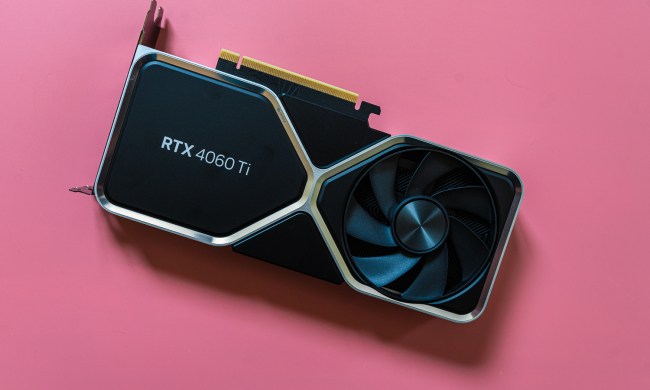
Maybe not, suggests a new study by research firm Deloitte. It surveyed feelings about autonomous cars in America and multiple other countries, and found that most people do not trust them. In the U.S., 74 percent of respondents said they believed autonomous cars “will not be safe.” China had the lowest percentage of safety concerns, but 62 percent of respondents still said they did not trust autonomous cars. South Korea had the highest level of concern, with 81 percent of respondents saying they did not consider self-driving cars safe.
However, 68 percent of U.S. respondents did say that they would change their opinion if self-driving cars established a proven track record for safety. In addition, 54 percent said they would ride in an autonomous car if it was built by a brand they trust. But the study results don’t offer a clear picture of what brands those drivers do trust.
Only 47 percent of U.S. respondents said they trusted a traditional automaker to build and sell a self-driving car. Yet only 20 percent said they trusted Silicon Valley tech companies when it came to autonomous vehicles. Another 27 percent said they would trust a “new company specializing in autonomous vehicle technology” outside of Silicon Valley or the established auto industry.
The level of trust of the established auto industry varied more by country than trust in autonomous cars themselves. Japan was much more confident in traditional automakers, with 76 percent of Japanese respondents saying they trusted those companies to build self-driving cars. Germany stood at 51 percent, while South Korea stood at 44 percent. China and India had much less faith in traditional automakers, at 27 percent and 34 percent, respectively.
Consumers may not be ready for self-driving cars, but automakers and tech companies are. Uber is currently testing autonomous cars in its ridesharing service, Ford plans to put a fully autonomous car into production by 2021, and Nissan plans to roll out autonomous-driving tech over the next few years. Several other companies are conducting tests of prototype self-driving cars.


